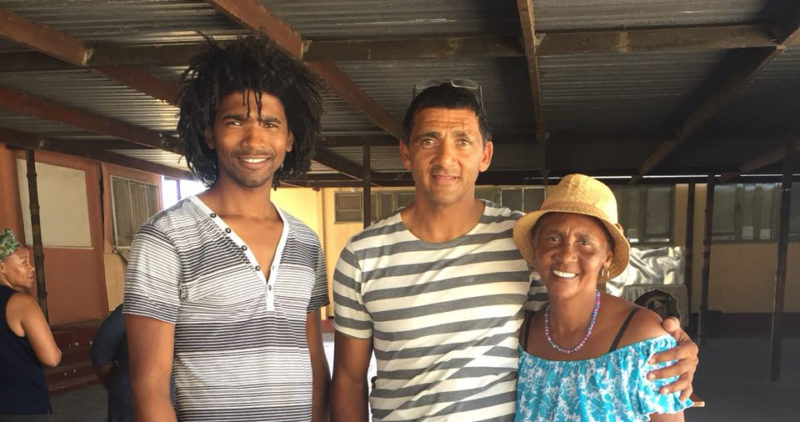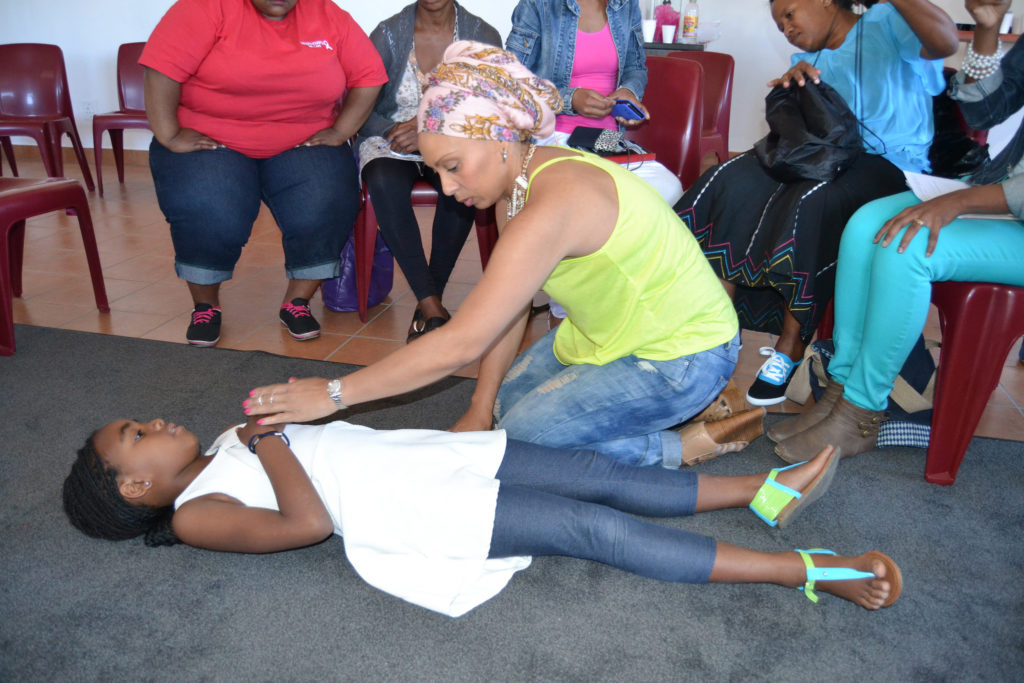
Cape Town, South Africa
Sexual and gender-based violence is a pervasive and serious problem in South Africa. It is in families, schools, and the community. To help children learn to protect themselves, Monica Clarke started a program in the schools in 2013. The program uses the methodology of Kenya’s Dolphin Anti-Rape and AIDS Outreach. In primary schools protection skills are taught through song, dance, and storytelling. In 2013 a pilot program in the Western Cape reached 1,500 primary school children. Since then approximately 5,000 children in five primary schools have learned the skills. As result of the program’s positive impact, efforts were made to raise funds to offer it in ten high schools in Cape Town.
The project now has a Project Director, Randall Maarman, who has a degree in Anthropology with an emphasis in social studies. In addition to his national duties, Randall manages IPM in the Eastern Cape Province where he lives. IPM is working closely with the school system in the Department of Safe Schools. Randall has opened many doors and board rooms as well as stepped up outreach programs. Under his guidance the program has expanded and become well known in the communities where it is used.
The program has trained Prevention Workers (PW) for primary schools and is also training Peer Trainers, who are students age 16 and older. Peer Trainers are prepared to give Resilience and Self-Defense training to their high school and junior high school peers. They work under the supervision of Prevention Workers. In addition to training almost 3000 students in high school assemblies, the Peer Trainers have also worked with Primary and Secondary school students and in the community with almost 1000 parents in Forum Discussions and 50 adults in church groups. And two weekend mentoring camps have been held.

In the few years IPM has been working in schools and the community it has been successful enough to be invited to work with partnership called Partnerships for Prevention of Violence Against Women and Girls in Southern Africa (PfP). IPM is one of only three local non-profit organizations that were invited to implement the plan in the Eastern Cape Province. It is not yet clear, but seems probable, that they would like to incorporate the approach IPM uses in schools. It is a great honor for IPM to be included and will be interesting to watch as it unfolds.
IPM’s basic belief is that the only way to make a measurable difference is to change the mindset of violence through raising awareness combined with protection training. With protection training in schools a new generation of South African children will emerge who know how to both set and respect personal boundaries.

